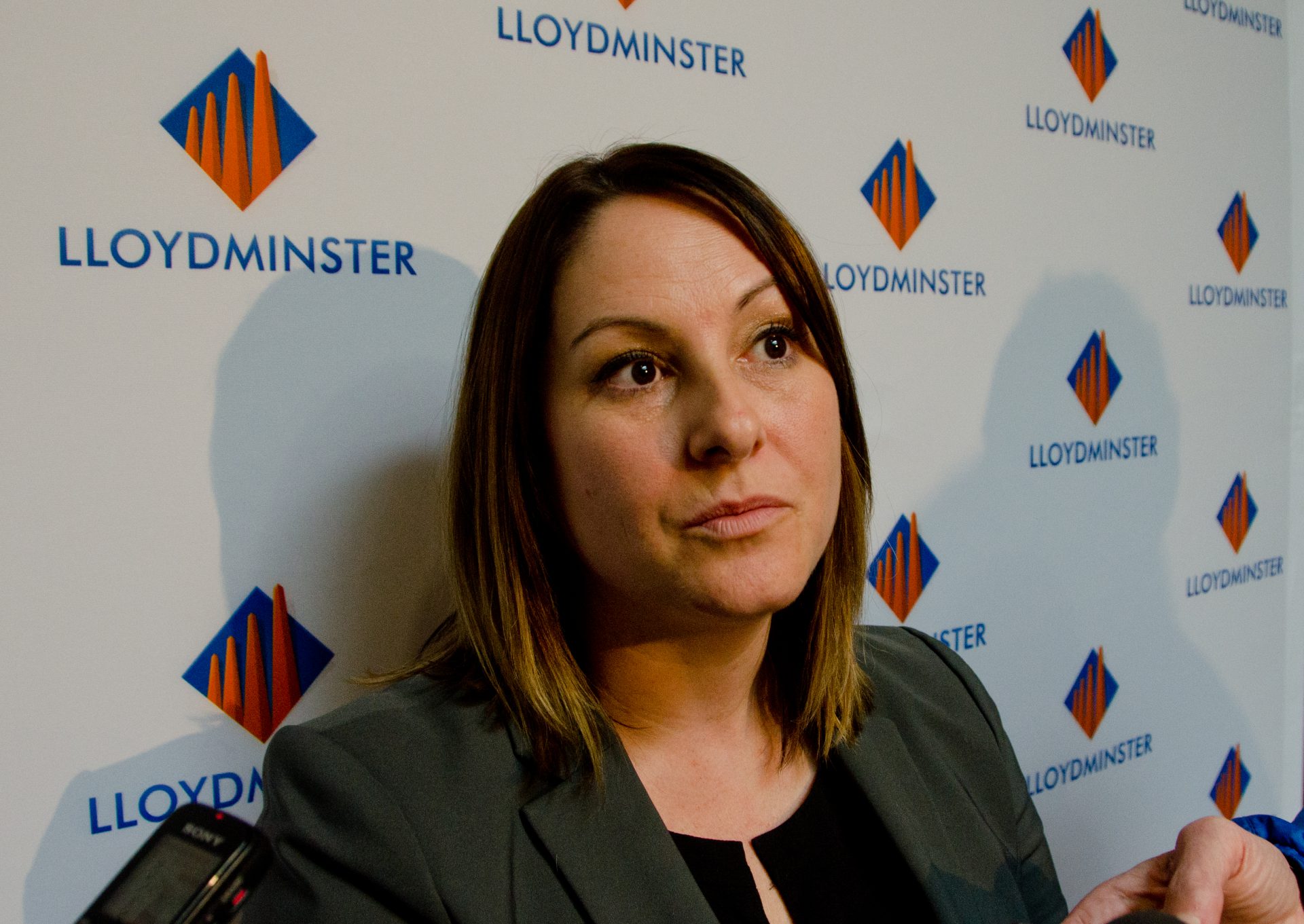The road to addressing the Border City’s looming $10.5 million deficit has only just begun.
On Monday afternoon, city council was presented with the draft budget for 2017, which contained a large operating deficit, forecasted to sit at around $10.5 million. The documents were submitted as information only, and the meeting was the final session of the outgoing council members, four of whom are not running for re-election.
According to statements made by council members and members of the city administration, the deficit is the result of poor economic conditions, as well as poor accounting practices of the municipal government, which saw operating revenue and capital revenue combined into a general statement of operations each year.
The main drop in revenue was identified as a drying up in land sales. In 2014, the total actual revenue for City land sales was $32,864,596. In 2015, the total actual revenue was $9,807,193, a drop of close to $23 million.
The draft budget documents have outlined a number of options to counter the deficit, including the potential dissolution of the Lloydminster Economic Development Corporation, as well as decreased service levels, user pay, the sale of assets, and a tax increase. The sale of the former Public Works Shop and the deferring of equipment transfers are also included.
“When we’ve relied on land sales and land development for many, many years, we now see that the lots aren’t selling like they used to, and it puts us in a position that really showcases that we’ve been reliant on that revenue source in order to fund operational and capital budgets,” said Councillor Jason Whiting, who is running for the seat of outgoing mayor Rob Saunders.
Beyond acknowledging the issue of the City’s reliance on land revenue, the council members did not indicate any preferences on methods to deal with the deficit.
“Everything is on the table,” said Whiting.
“Budgets involve all topics, and tax increases, or decreases, are always something that are going to come up, every budget, and we need to be very aware of where we stand in the province, as far as our current tax rates.”
Whiting also indicated that conversations would need to be had about what the City could do to counter the deficit, and that the public in Lloydminster would need to “step up” and decide where they want to see improvements, and where they want to see cutbacks.
“We’re going to make some changes to really adjust the way that we’re doing business going forward,” said Whiting.
During the meeting, the Director of Business Services, former acting Finance Director Lisa Buchan, ran the council members through the draft documents. After the meeting, Buchan said that the City will not be going down a “fire sale” of land as a deficit reduction strategy.
Buchan also said that taxes in Lloydminster had been “artificially low” in recent years, with a growth in expenses in the municipal government due to an increase in service levels, driven by population growth.
“To cover off those increases in expenses we’ve utilized primarily revenue from our lot sales and utilities, rather than having impacts to the taxpayers to cover off those increases in expenses,” said Buchan.
The budget approval process will be taking place in the next three months. The next council to sit in the chamber will be the body making decisions on the deficit.




